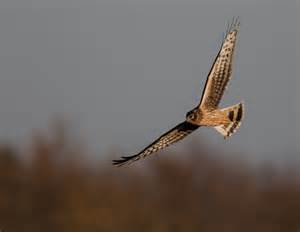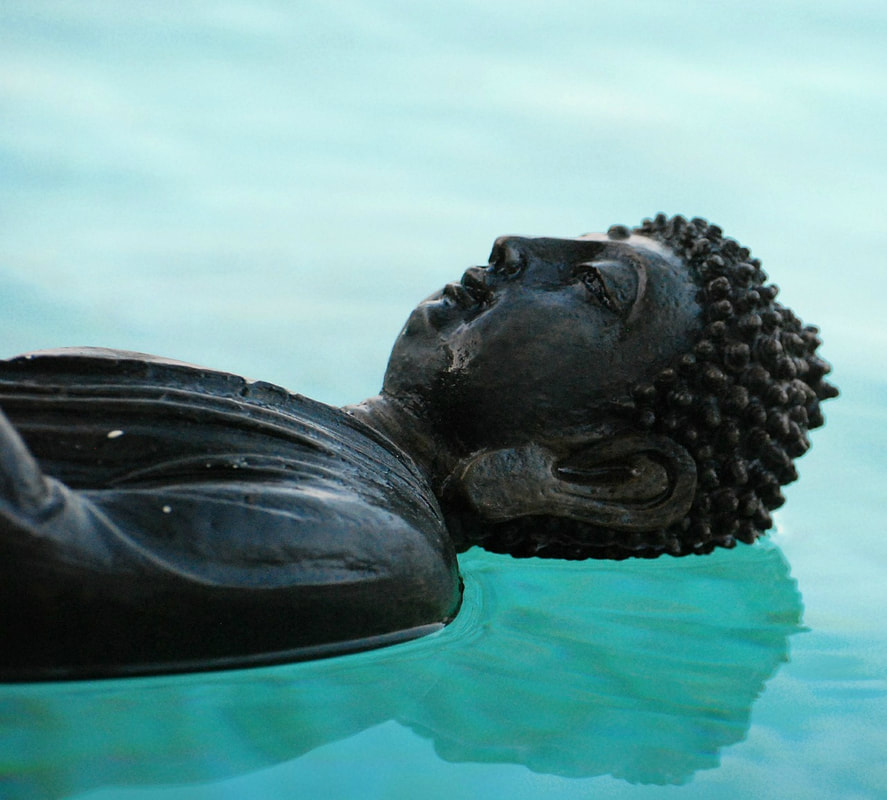 Marsh Hawk by Mary Oliver, Why I Wake Early The marsh hawk doesn't, as other hawks do, work his wings like soft hinges to make progress over the morning marsh, but merely or so it seems, lays his breast upon the air and the air, as if understanding, floats him along with his wings open, and raised, just a little beyond the horizontal-in thanks, perhaps, to the great crystal carrier of leaves and clouds- of everything. And even though his shadow follows exactly his every tilt and flow, and even though he must know that hunger will win, he doesn't hurry, but floats in wide circles as he gazes into the marshes below his hard beak and the hooks of his feet, as though wanting something more lasting than meat. At noon he's still there above the brambles, the grass, the flat water, where, in their almost stately disengagement, the incredible dampness and darkness shine. To decipher this poem would mean to miss the point of the poem, which is to simply enjoy it. To allow the words to paint a picture of what is and be content with just being and visualizing. Hawks are messengers since they can fly up to the heavens and back down to earth. In this poem, the marsh hawk's message is to enjoy world around you without stressing out about the circumstances. Oliver writes that the hawk knows it will remain hungry, yet, it stays and allows the wind to carry him. She writes that the air floats him along and I asked you to feel that in your yoga poses this morning; allowing the poses to feel effortless like the wind. "To move forward simply set your intentions, be grateful for what you have, be open to what is possible, and the rest just happens as a beautiful and effortless flow." – Bryant McGill American poet Archibald Mac Leish wrote to Mary Oliver: "You have indeed entered the kingdom. You have done something better than create your own world: you have discovered the world we all live in and do not see and cannot feel."
0 Comments
Leave a Reply. |
Archives
March 2024
|

 RSS Feed
RSS Feed